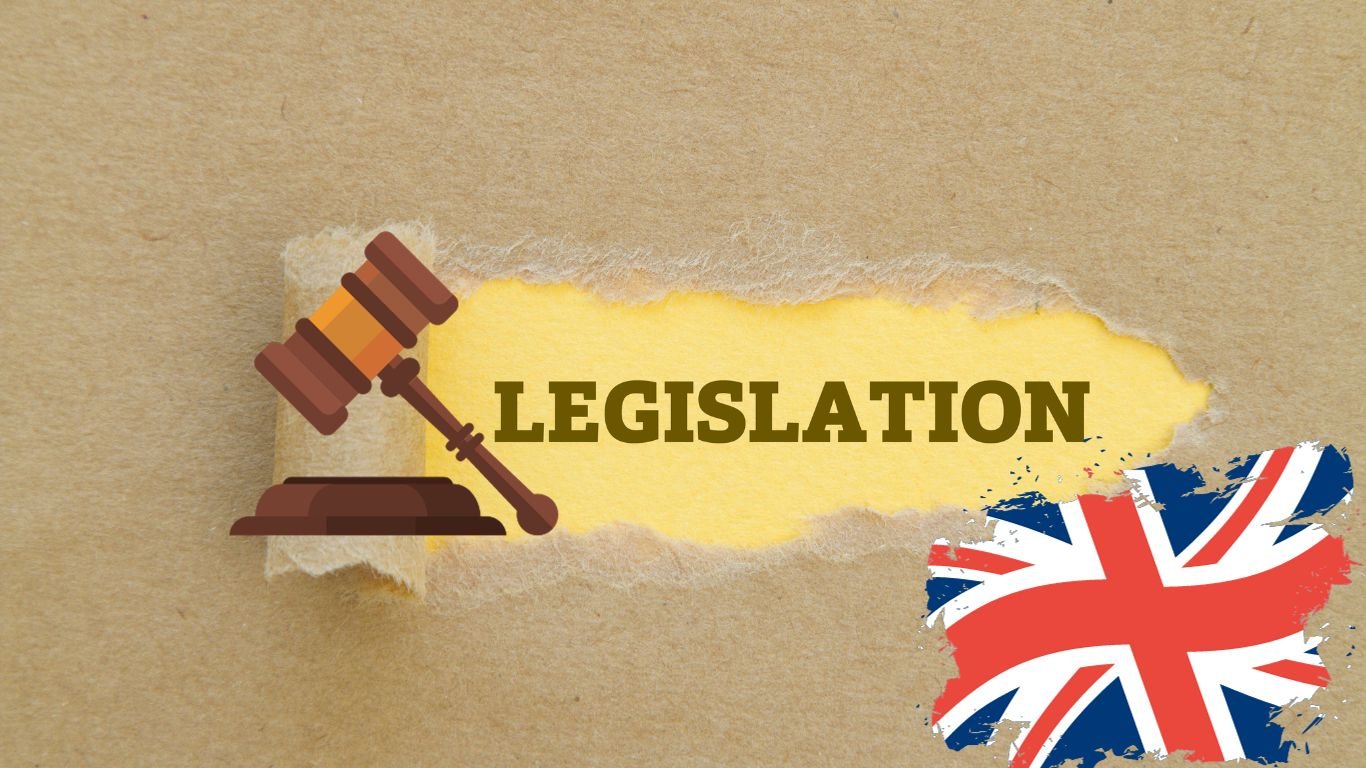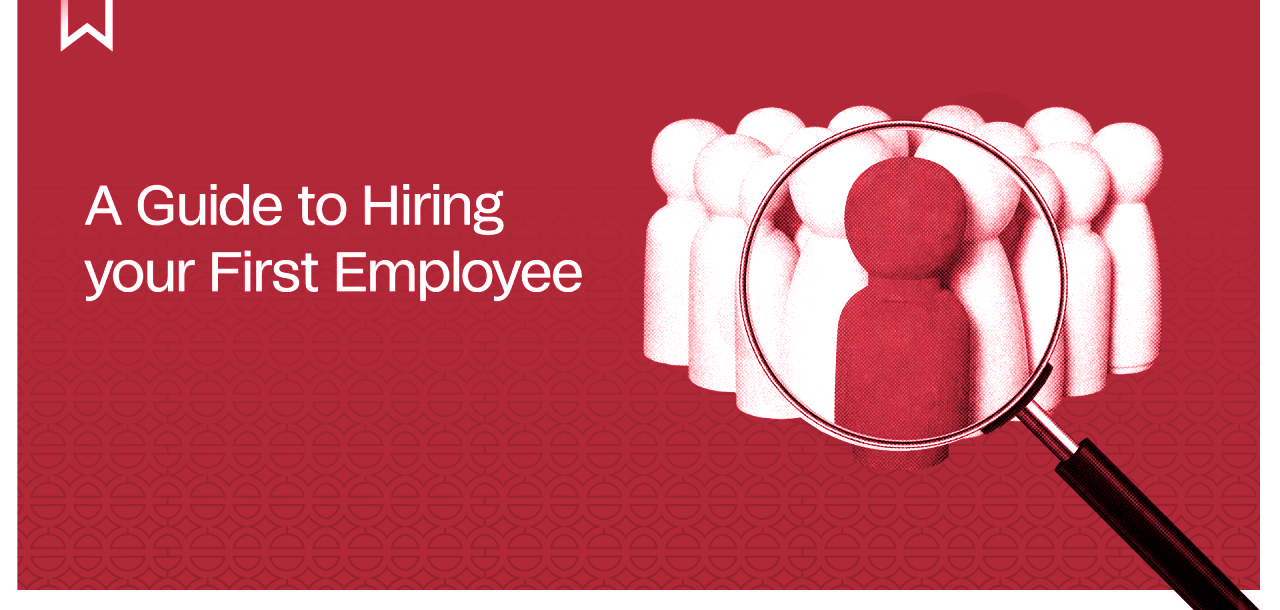Meal and Rest Breaks: Your Rights as an Employee

In the hustle and bustle of the modern work environment, pausing for meals and rest breaks is often overlooked. However, these breaks are not merely luxuries; they are crucial for maintaining a healthy work-life balance. This article aims to shed light on the legal framework surrounding meal and rest breaks, emphasizing the significance of understanding your rights as an employee.
The Importance of Understanding Employee Rights
As an employee, being aware of your rights empowers you to advocate for yourself in the workplace. Knowledge of meal and rest break regulations ensures you can navigate your workday more effectively, promoting your well-being.
Legal Framework
Federal Regulations
The foundation of employee rights is often laid out in federal regulations. Understanding the federal guidelines provides a baseline for employees across the nation, irrespective of the state they work in.
State-Specific Laws
In addition to federal regulations, individual states may have their own laws regarding meal and rest breaks. Familiarizing yourself with both federal and state-specific requirements ensures a comprehensive understanding of your rights.
Duration and Frequency
Minimum Break Durations
Federal and state laws often specify the minimum duration for meal and rest breaks. Knowing how long your breaks should be is essential for planning your workday effectively.
Frequency Requirements
Beyond duration, the frequency of breaks is equally important. Understanding whether you are entitled to breaks every few hours or at specific intervals can depend on various factors, including the nature of your work.
Variances in Different Industries
Different industries may have distinct break policies based on their operational demands. Exploring these variances helps tailor break practices to specific professional contexts.
Employer Responsibilities
Providing Adequate Breaks
Employers have a responsibility to ensure their employees have adequate break time. What constitutes “adequate” may vary, but it generally involves providing sufficient time for employees to rest and eat during their workday.
Communicating Break Policies
Clear communication is paramount. Employers should effectively communicate break policies to employees, ensuring everyone understands their rights and obligations. Transparency fosters a healthier working relationship.
Ensuring a Conducive Break Environment
It’s not just about the time; the environment matters, too. Employers should create spaces that are conducive to breaks, promoting relaxation and rejuvenation. This contributes to a positive workplace culture.
Employee Rights
Right to Meal Breaks
Employees have a fundamental right to meal breaks during their work shifts. These breaks are essential for maintaining energy levels and overall health throughout the day.
Right to Rest Breaks
Rest breaks, distinct from meal breaks, are also a right afforded to employees. These short breaks contribute to mental and physical well-being, enhancing overall productivity.
Exceptions and Exemptions
While rights are generally granted, there are exceptions and exemptions. Certain circumstances may limit or exempt individuals from these rights, and it’s crucial to be aware of such nuances.
Wage and Hour Considerations
Paid vs. Unpaid Breaks
Understanding whether your breaks are paid or unpaid is essential. This distinction can have implications for your overall compensation and financial planning.
Impact on Overall Compensation
Beyond the immediate financial aspect, understanding how breaks impact your overall compensation provides a holistic view of their significance in the workplace.
Handling Violations
Reporting Procedures
If your rights are violated, knowing the appropriate reporting procedures is vital. Employers should have clear channels for employees to raise concerns without fear of reprisal.
Protection Against Retaliation
Fear of retaliation can discourage employees from asserting their rights. Understanding the protections in place against retaliation encourages a culture of accountability.
Legal Actions and Consequences
When all else fails, legal actions may be necessary. This section explores potential legal avenues available to employees and the consequences employers may face for violating break policies.
Common Misconceptions
Misunderstandings About Breaks
There are common myths surrounding meal and rest breaks. Dispelling these misunderstandings ensures that employees make informed decisions about their breaks.
Clarifications on Common Myths
Setting the record straight on prevalent misconceptions ensures a more accurate understanding of break policies, fostering a positive work environment.
Benefits of Adequate Breaks
Impact on Productivity
Contrary to the misconception that breaks hinder productivity, they can actually enhance it. Adequate breaks provide employees with the mental and physical recharge needed for sustained focus and efficiency.
Enhancing Mental Well-being
Acknowledging the connection between breaks and mental well-being is crucial. Regular breaks contribute to reduced stress levels and a more positive mindset.
Promoting a Healthier Work Environment
Adequate breaks benefit both employees and employers. Fostering a healthier work environment leads to increased job satisfaction and overall organizational success.
Tips for Employees
Knowing Your Rights
Empower yourself by understanding your rights regarding meals and rest breaks. Knowledge is the first step in ensuring you receive the breaks you are entitled to.
Communicating with Employers
Open communication is key to resolving any issues related to breaks. Effectively communicating your needs and concerns can lead to positive changes in the workplace.
Seeking Legal Advice When Needed
When issues persist, seeking legal advice becomes crucial. Knowing when and how to seek professional assistance ensures you have the support needed to address break-related concerns.
Read More: Understanding Employment Law: Definition and Basics
Case Studies
Real-Life Examples of Break-Related Issues
Exploring real-life scenarios where employees faced break-related challenges provides practical insights into navigating similar situations.
Outcomes and Lessons Learned
Analyzing the outcomes of these case studies offers valuable lessons for employees and employers alike, guiding them in handling break-related issues effectively.
Industry-Specific Considerations
Variances in Break Policies Across Industries
Different industries may have unique break policies based on their specific operational requirements. Understanding these variances helps employees adapt to industry-specific practices.
Tailoring Break Practices to Specific Professions
Certain professions may necessitate tailored break practices. Adapting break routines to align with the demands of specific jobs contributes to a more effective and sustainable workday.
Future Trends
Changes in Break Regulations
The workplace is constantly evolving, and so are regulations. Keeping an eye on potential changes ensures that employees stay informed about their rights in the ever-changing work landscape.
The Evolving Workplace Landscape
Beyond regulations, the very nature of the workplace is changing. Embracing these changes and understanding their impact on break practices is essential for both employees and employers.
Expert Opinions
Insights from Labor Law Professionals
Gaining perspectives from labor law experts provides valuable insights into navigating break-related issues. Their expertise can guide both employees and employers in ensuring compliance with regulations.
Recommendations for Employees and Employers
Experts often provide actionable recommendations. Collating advice for both employees and employers based on professional insights ensures practical approaches to break-related matters.
Conclusion: Meal and Rest Breaks
Recap of Key Points
In conclusion, understanding your rights regarding meal and rest breaks is crucial for your overall well-being as an employee. Recap the key points discussed throughout the article to reinforce their importance.
Encouragement to Be Informed About Rights
Empowerment comes through knowledge. Encourage readers to stay informed about their rights, fostering a healthier work environment for all.





